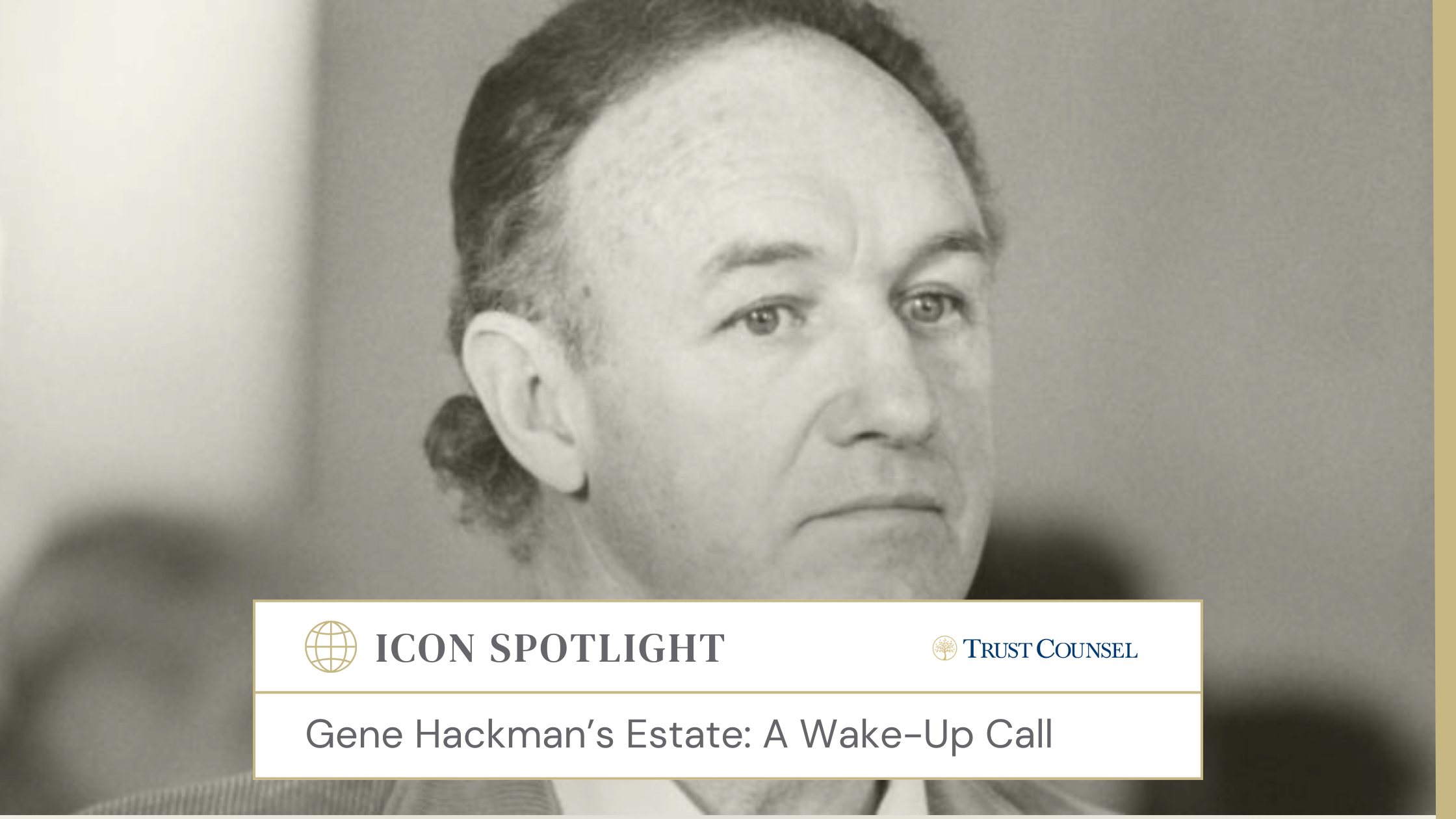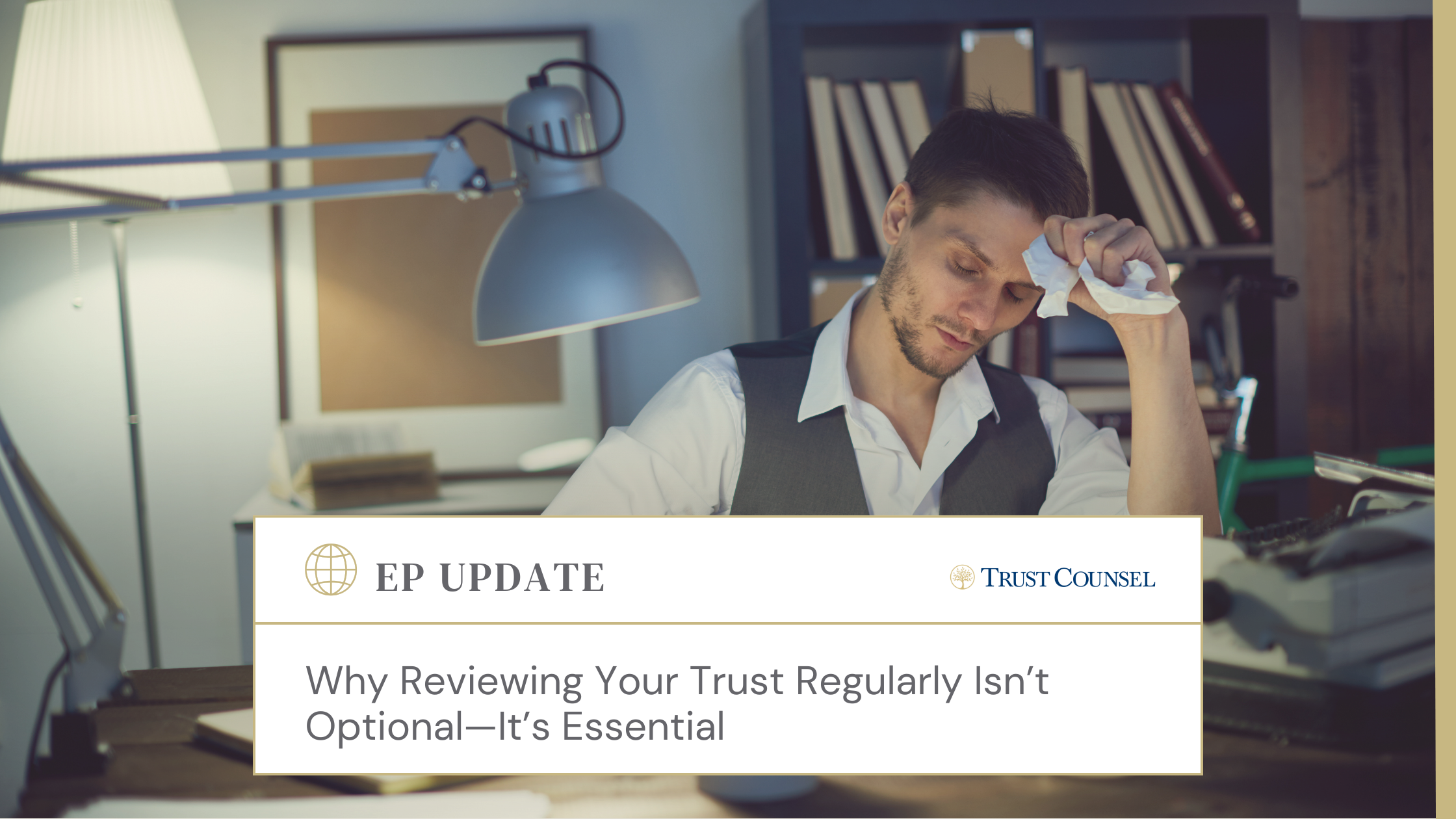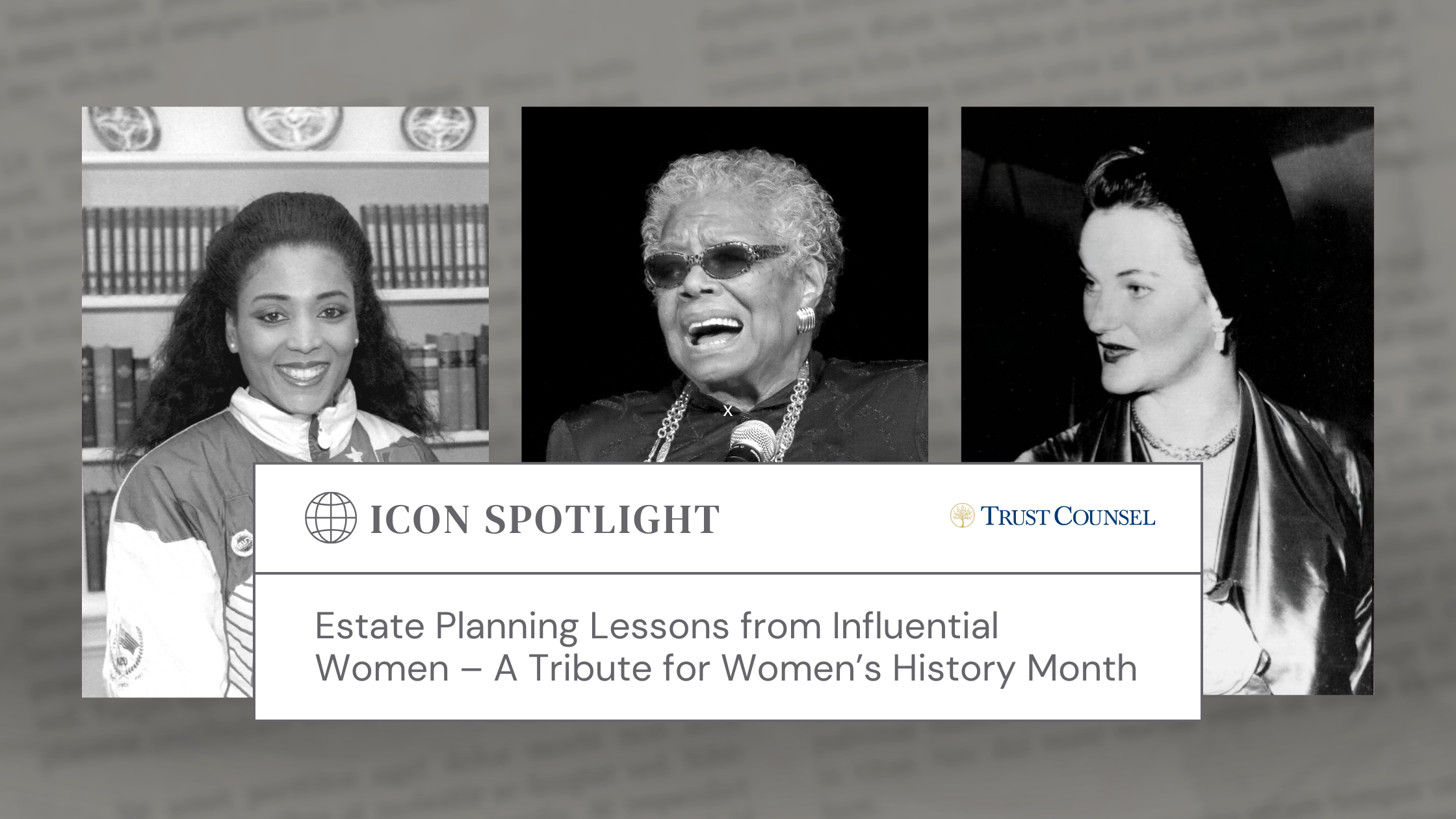
With the federal estate tax exemption at $5.43 million for 2015, many people think estate planning is unnecessary. But there’s one thing ALL adults over the age of 18 need to look at, regardless of estate taxes: beneficiary designations.
You would be amazed at how many people neglect this simple step, and their heirs and estate wind up paying for it – sometimes dearly. Ex-spouses inherit large sums every day, and high court rulings have upheld beneficiary designation forms, even if they were woefully out of date or even if the ex waived interest in a divorce decree.
Beneficiary designation forms trump a Will, too. Whoever is designated as the beneficiary on the account or plan form gets the money automatically, no matter what your Will says.
Here are some smart estate planning moves you should double check right now:
- Submit a transfer on death (TOD) or payable on death (POD) form for all your bank and brokerage accounts, ensuring that your bank accounts and brokerage accounts would go where you want.
- Review existing or create new beneficiary forms for your retirement accounts (IRAs, 401(k)s, Roth IRAs, etc.), pension plans, life insurance policies and annuities.
- Review existing or create new beneficiary forms for any 529 college accounts you have established.
If you have established a Living Trust, ensure your Trust is the beneficiary of each of these accounts (be sure to talk with the lawyer who set up your Trust or call us for a review when it comes to retirement accounts, as we may decide to make your spouse the primary beneficiary of the retirement account or set up a special retirement account Trust).
If you have not established a Living Trust, make sure that you do not have minor children as beneficiaries on any of these accounts. If you do, call us to get that rectified.
If you don’t already have an estate plan – or have one that needs to be reviewed and updated – make 2015 the year you get this done. Call us to schedule your Family Wealth Planning Session, where we can identify the best strategies for you to provide for and protect the financial security of your loved ones.





